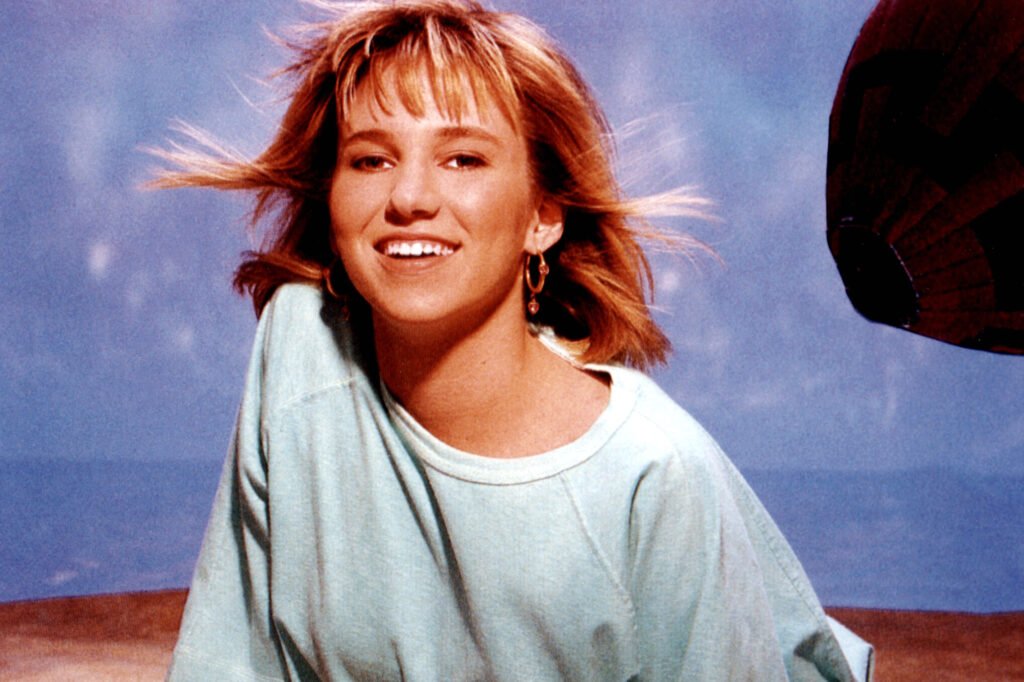Remember when your radio was constantly playing those unforgettable ’80s hits that defined a generation? Those iconic voices and faces dominated our MTV screens, vinyl collections, and cassette decks — until suddenly, they didn’t. The ’80s music scene gave us some of the most brilliant stars who shone intensely bright before mysteriously fading from the spotlight, leaving us wondering whatever happened to the soundtrack of our youth.
1. Rick Astley
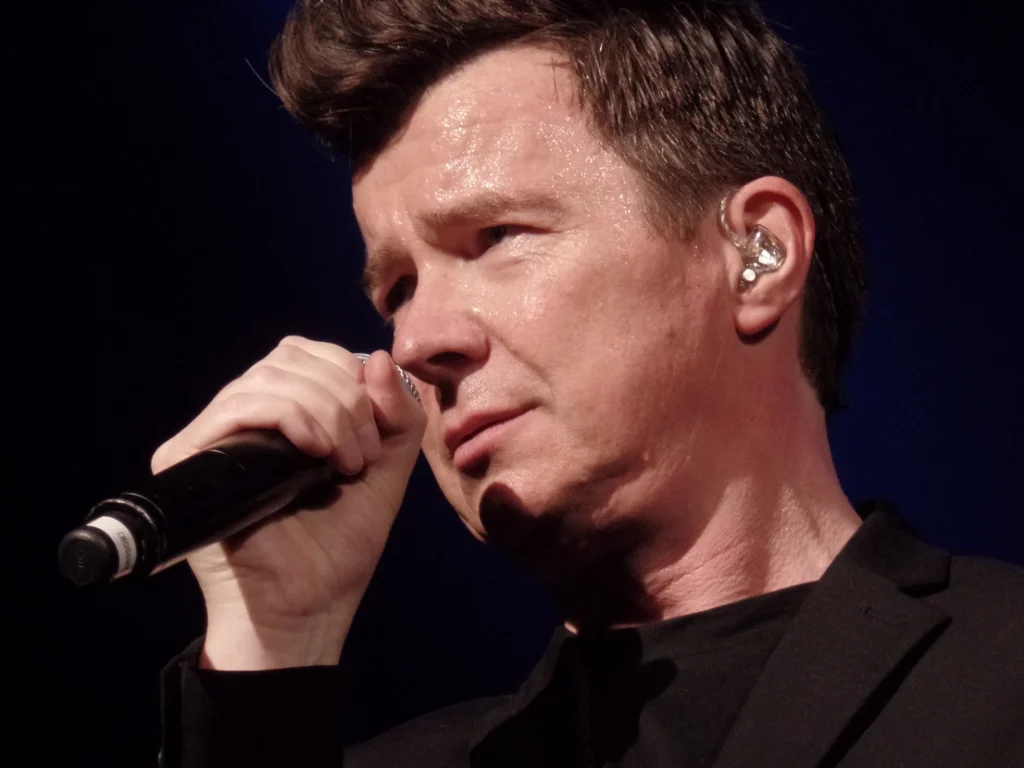
The deep-voiced British sensation who had us all dancing to “Never Gonna Give You Up” stepped away from the limelight at the peak of his fame in 1993. Astley grew increasingly uncomfortable with the music industry’s focus on image over substance, feeling like a puppet being manipulated by producers Stock Aitken Waterman. His departure from the public eye was a conscious choice to prioritize family life, turning down countless opportunities to cash in on his fame. According to Astley as recounted on Parade, a series of seemingly unrelated events led to a big change in his career.
Astley’s retreat was nearly complete until the mid-2000s internet phenomenon of “Rickrolling” unexpectedly thrust him back into public consciousness. What many don’t realize is that during his hiatus, he continued making music privately while raising his daughter and finding a more balanced relationship with fame. His comeback album “50” in 2016 proved his talent had only matured with time, debuting at number one in the UK and showing that sometimes stepping away is the best career move of all.
2. Terence Trent D’Arby
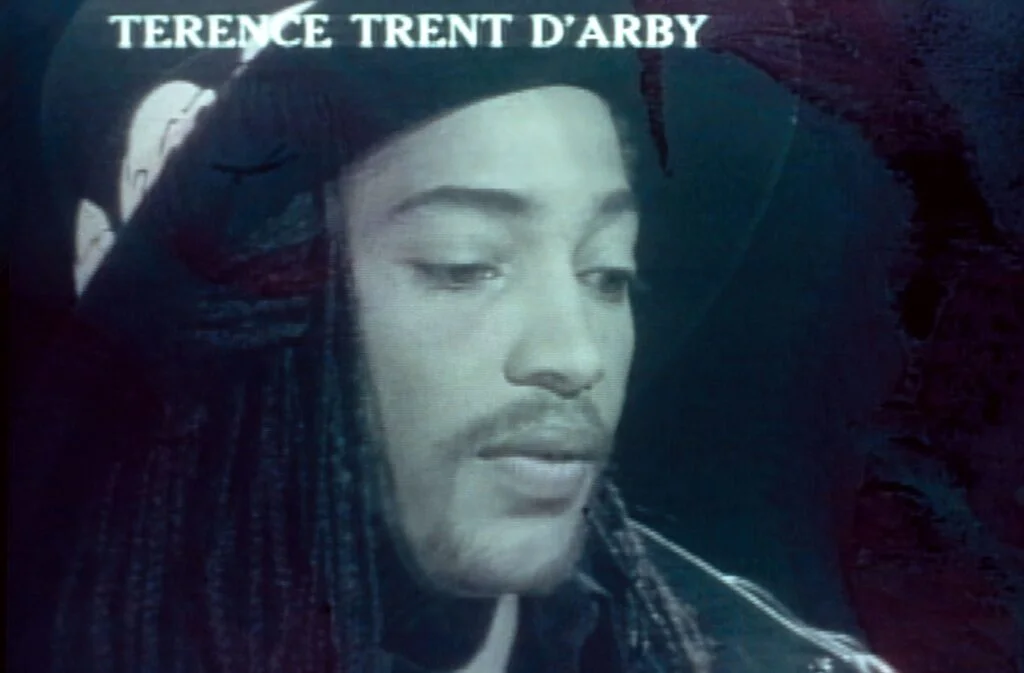
With his stunning 1987 debut album “Introducing the Hardline According to Terence Trent D’Arby,” this American-born singer was hailed as the next Prince or Michael Jackson. D’Arby’s soulful voice and magnetic stage presence earned him Grammy recognition and multi-platinum sales, establishing him as one of the most promising talents of the decade. His sophomore album faced enormous pressure and, despite strong sales internationally, was considered a commercial disappointment in America, beginning a downward spiral in his relationship with his record label. His IMDb page puts into perspective just how much success defined his active years.
The intense spotlight and creative conflicts led D’Arby to retreat from the mainstream music scene in the mid-90s. In 2001, he legally changed his name to Sananda Maitreya, explaining it was the result of a spiritual awakening and marking a complete break from his former identity. Today, Maitreya continues releasing music independently through his own label, having found peace away from the commercial pressures that once threatened to consume him.
3. Thomas Dolby
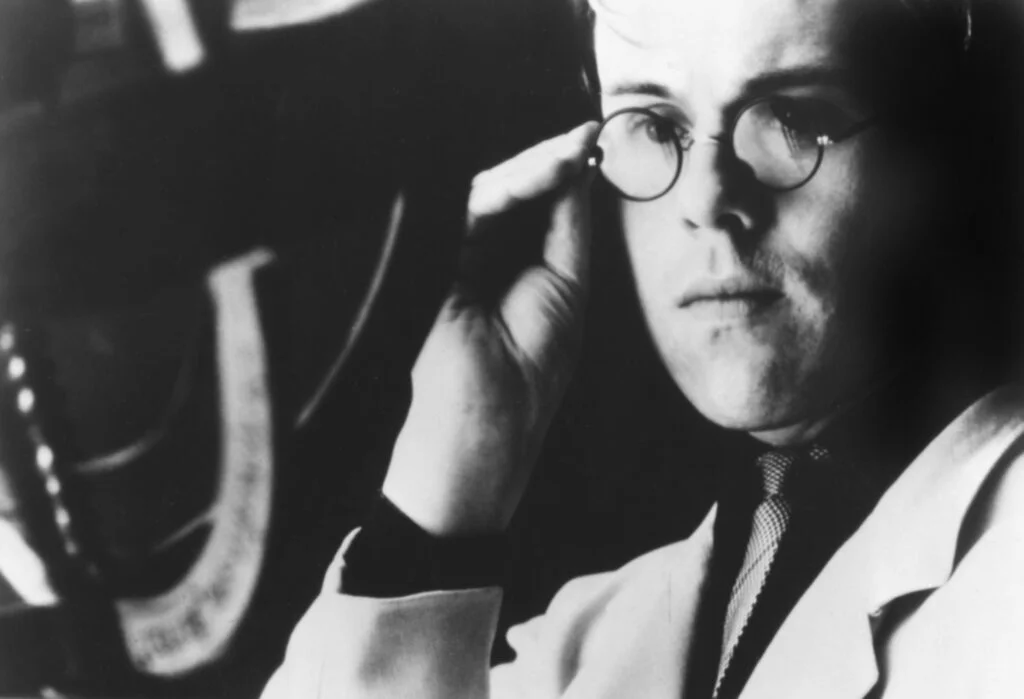
The quirky British synthesizer wizard behind “She Blinded Me With Science” was one of the most innovative musicians of the ’80s tech-pop scene. Dolby’s unique blend of electronic experimentation and catchy melodies earned him critical acclaim and commercial success, positioning him as a pioneering figure in music technology. His career took a surprising turn when he founded Headspace, a groundbreaking tech company that developed revolutionary audio software for mobile phones. NPR characterizes him as a musician beyond compare.
Dolby essentially disappeared from music for nearly two decades while focusing on his technology ventures, including creating the polyphonic ringtone technology that became ubiquitous in early mobile phones. His Silicon Valley career proved so successful that many younger tech professionals had no idea the businessman in their meetings was once a pop star who had performed at Live Aid. Dolby eventually returned to music in 2006, bringing with him the technological expertise he’d gained during his time away from the spotlight.
4. Debbie Gibson
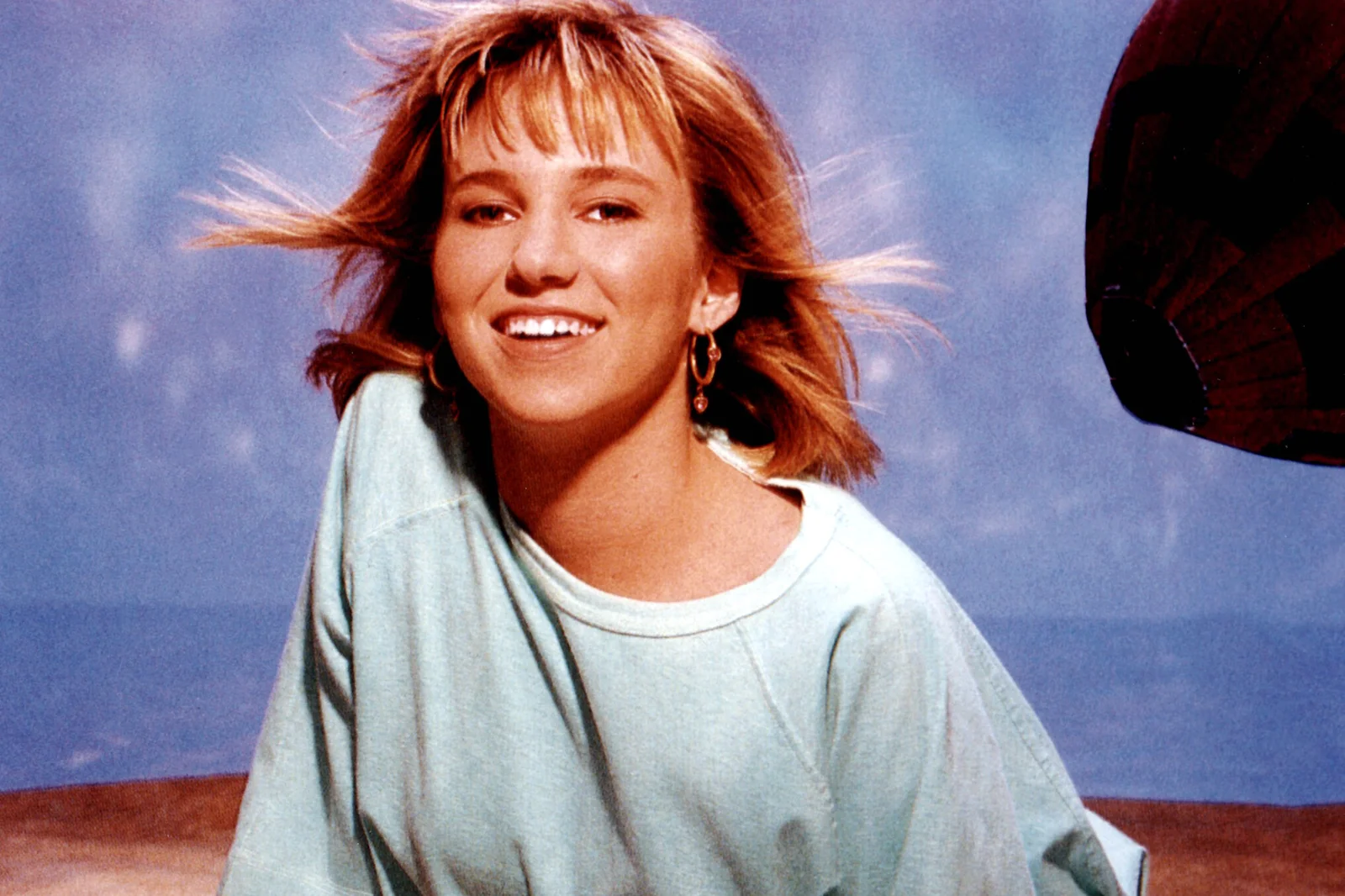
The teenage pop sensation who wrote, produced, and performed her own chart-topping hits like “Only In My Dreams” and “Foolish Beat” was the youngest artist ever to write, produce, and perform a Billboard #1 single. Gibson’s wholesome image and undeniable talent made her a role model for young girls and a household name before she could even vote. The transition to adult stardom proved challenging as the music industry began to favor grunge and hip-hop over pop in the early ’90s.
Gibson’s career trajectory shifted toward Broadway and theater, where she found new artistic fulfillment away from the pop charts. Her battles with Lyme disease later in life kept her out of the spotlight for extended periods, forcing her to prioritize health over career ambitions. Though she never recaptured her earlier commercial success, Gibson has maintained a devoted fan base and continues performing, demonstrating the resilience that helped her navigate the notoriously difficult transition from teen idol to adult performer.
5. Billy Squier
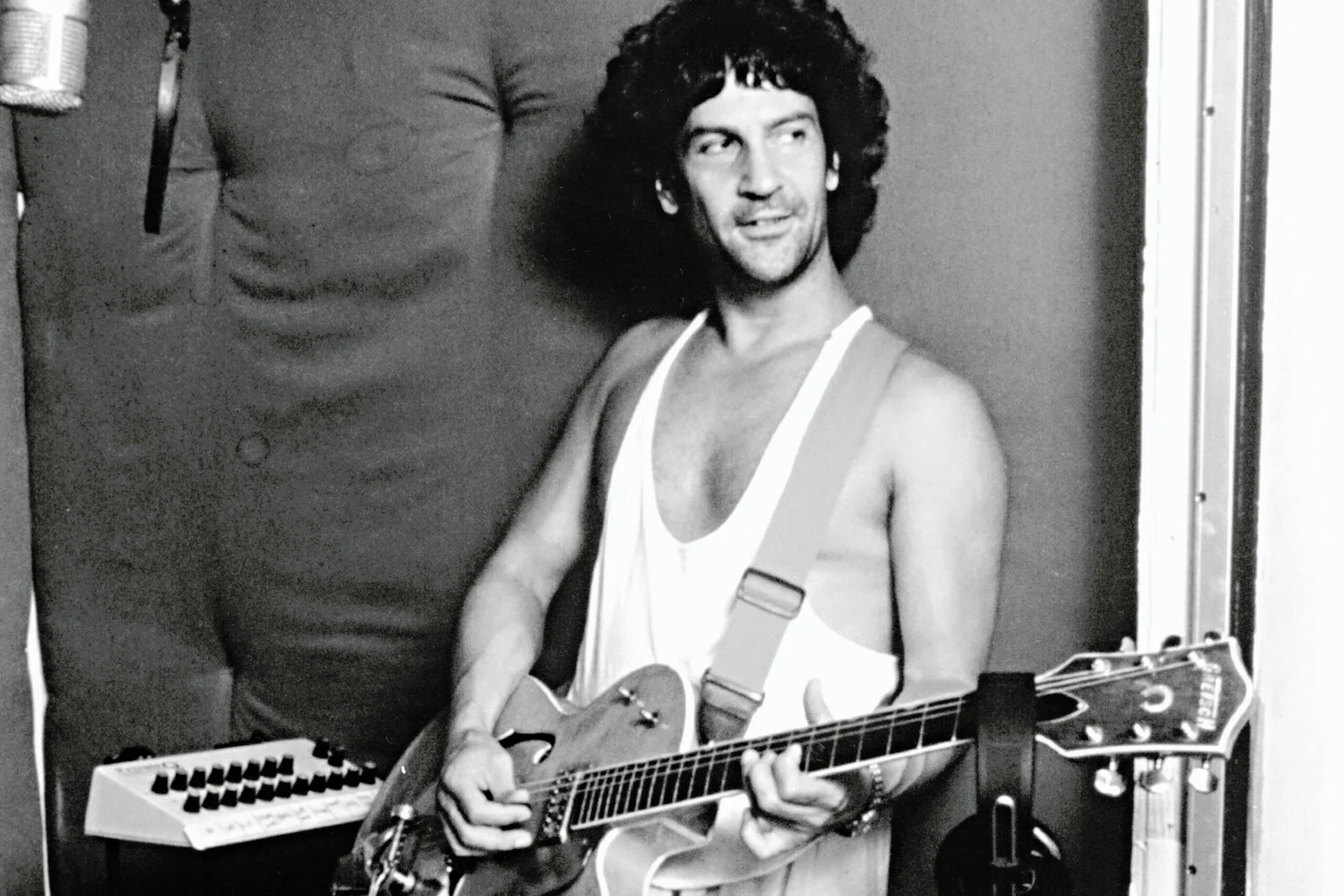
With his powerful voice and guitar-driven hits like “The Stroke” and “Everybody Wants You,” Squier was among rock’s biggest stars in the early ’80s. His albums “Don’t Say No” and “Emotions in Motion” sold millions, positioning him as one of the most successful solo rock artists of the era. Squier’s career took a devastating hit with the release of the music video for “Rock Me Tonite” in 1984, widely considered one of the most career-damaging videos ever made.
The infamous video, featuring Squier dancing in a pink tank top, alienated his rock audience almost overnight, and his record sales plummeted. Squier later blamed director Kenny Ortega for the video’s concept, claiming he was misled about how the final product would look. Though he continued releasing albums through the ’80s and early ’90s, he never recaptured his former glory and eventually retreated from the music business, occasionally emerging for brief tours and collaborations but largely choosing a private life away from the industry that had built him up and torn him down.
6. Martika
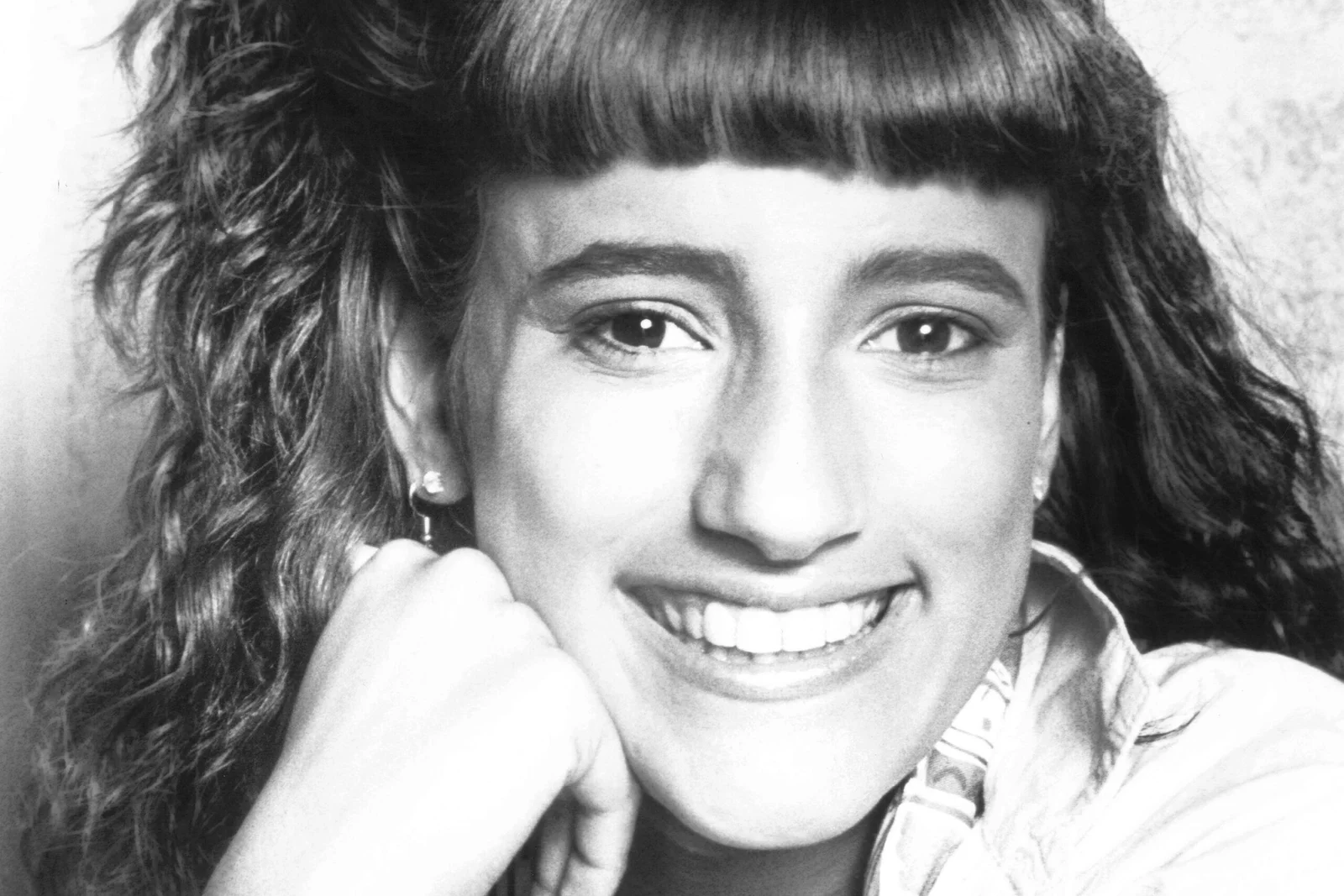
The Cuban-American singer who topped charts worldwide with “Toy Soldiers” seemed poised for long-term stardom after her self-titled debut album went gold. Martika’s powerful vocals and compelling stage presence, developed during her early career on the children’s show “Kids Incorporated,” made her stand out in the crowded late-’80s pop scene. Her deeply personal lyrics addressing issues like addiction (in “Toy Soldiers”) connected with audiences looking for substance beneath the glossy production of pop music.
Despite a promising follow-up album featuring the Prince-penned hit “Love… Thy Will Be Done,” Martika virtually disappeared from the music scene in the early ’90s. Her attempt at reinvention as the leader of the group Oppera failed to capture public interest, leading to a lengthy hiatus from recording. While she’s occasionally resurfaced for brief musical projects, Martika chose family life and personal fulfillment over the relentless pursuit of fame, becoming one of pop music’s most intriguing “what if” stories.
7. Rockwell
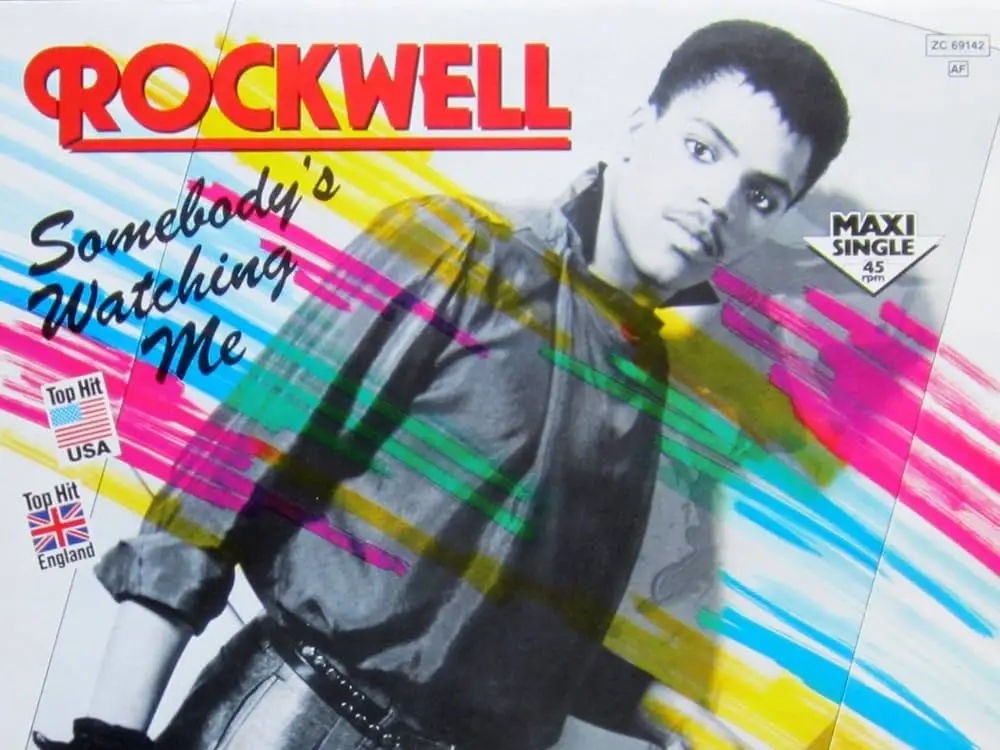
The mystery man behind the paranoia-fueled hit “Somebody’s Watching Me” (featuring Michael Jackson on the chorus) seemed to arrive and vanish with equal suddenness. Rockwell, born Kennedy Gordy, was the son of Motown founder Berry Gordy, though he insisted on securing his record contract without his father’s help. His unique vocal style and the massive success of his debut single suggested the potential for a long-term career in the increasingly visual music landscape of the MTV era.
Despite follow-up singles and albums, Rockwell never managed to escape the shadow of his initial hit, becoming what the industry callously terms a “one-hit wonder.” The pressure of living up to his early success and the complications of being a famous music executive’s son in an industry that scrutinizes nepotism led Rockwell to retreat from public life. His reclusiveness has only added to his mystique, with occasional tabloid appearances over the years but no substantial musical output since the late ’80s.
8. Men Without Hats
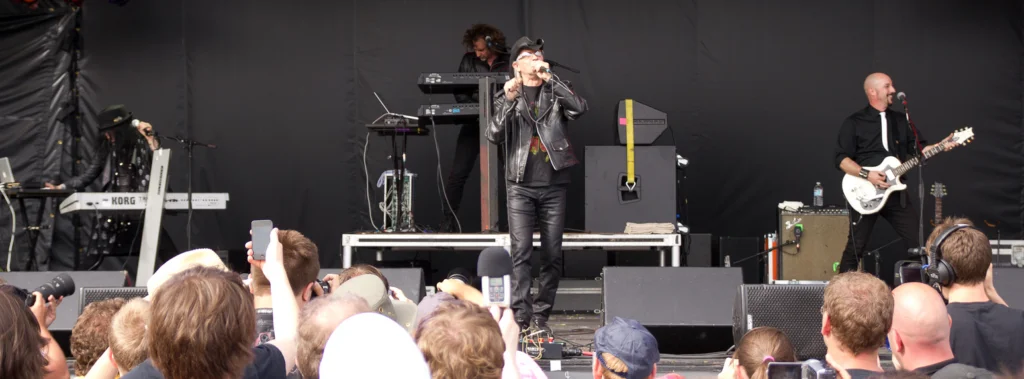
The Canadian new wave group responsible for the infectious safety dance that swept the world in 1983 was far more than just their signature hit. Led by the distinctive baritone of Ivan Doroschuk, Men Without Hats created synthesizer-driven anthems that combined danceable beats with surprisingly subversive lyrics. Their follow-up album “Folk of the 80’s (Part III)” featured the hit “Pop Goes the World,” proving they had more to offer than a single novelty dance track.
The constantly changing lineup and the group’s refusal to compromise their artistic vision for commercial appeal eventually led to their disappearance from the charts. The rise of grunge and alternative rock in the early ’90s made their synthesizer-based sound seem dated almost overnight, pushing them into obscurity in North America. Doroschuk revived the Men Without Hats name in the 2000s, touring and releasing new music for a niche audience of devoted fans and ’80s nostalgists who recognized the group’s influence on electronic dance music.
9. Jennifer Rush

The power-ballad queen whose “The Power of Love” became one of the best-selling singles by a female solo artist in UK music history was a global phenomenon in the mid-80s. Rush’s powerful vocals and emotional delivery resonated with audiences worldwide, particularly in Europe and South America, where she achieved superstar status. Although Celine Dion’s 1994 cover version became more famous in the United States, Rush’s original version had already sold millions internationally.
Despite her massive success abroad, Rush remained relatively unknown in her native America, creating a strange disconnect in her career. The constant travel and pressure to maintain her international career while trying to break through in her home country eventually took a toll on her physical and mental health. Rush retreated from the spotlight in the late ’90s, making only occasional appearances and releasing music sporadically, choosing to prioritize her well-being over the grueling demands of global stardom.
10. Murray Head
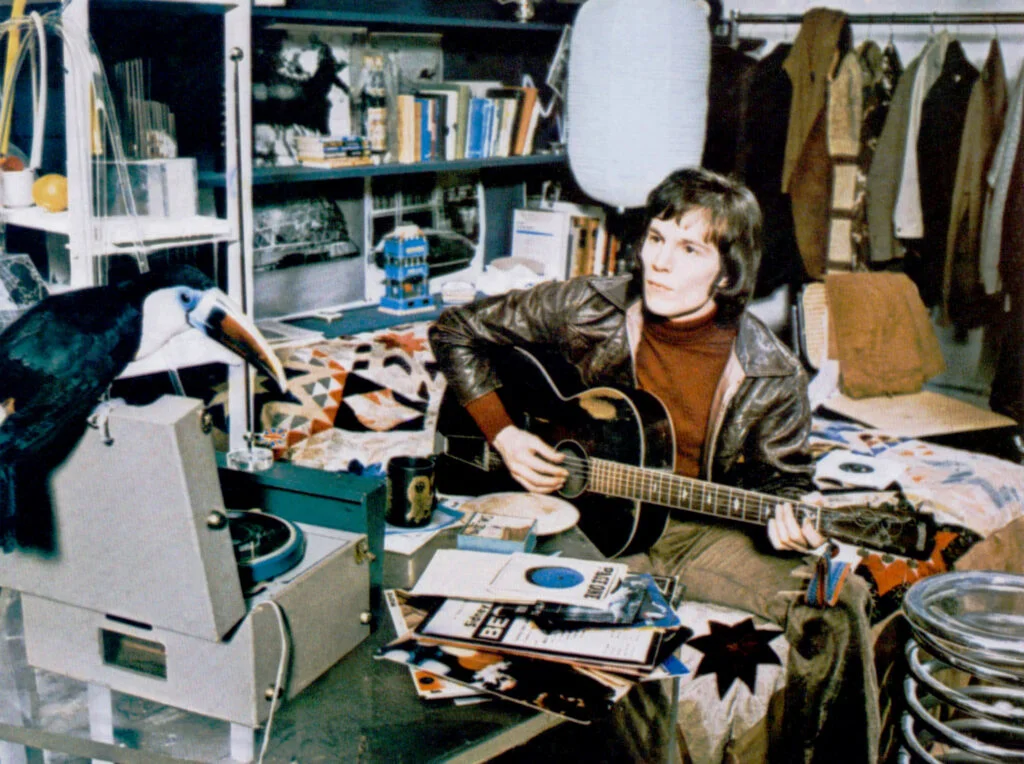
The British actor and singer who questioned “One Night in Bangkok” whether “this decadence” was what we really want became an unlikely ’80s icon through his theatrical pop performance. Head’s theatrical background lent authenticity to his performance on the Chess concept album’s breakout hit, which blended electronic dance music with thought-provoking lyrics about East-West relations. His success was particularly unusual considering he had already had a hit in 1971 with “Superstar” from Jesus Christ Superstar, making him one of the few artists to have significant chart success in both the ’70s and ’80s.
Unlike many on this list, Head never actually left the entertainment world but shifted his focus back to acting after his musical peak. His decision to prioritize theatrical and film roles over pursuing further pop success meant that for many casual fans, he seemed to vanish after his ’80s moment. Head has maintained a successful acting career primarily in British and French productions, occasionally releasing music that showcases his still-powerful voice but never again pursuing the pop charts with the same intensity.
11. Jermaine Stewart
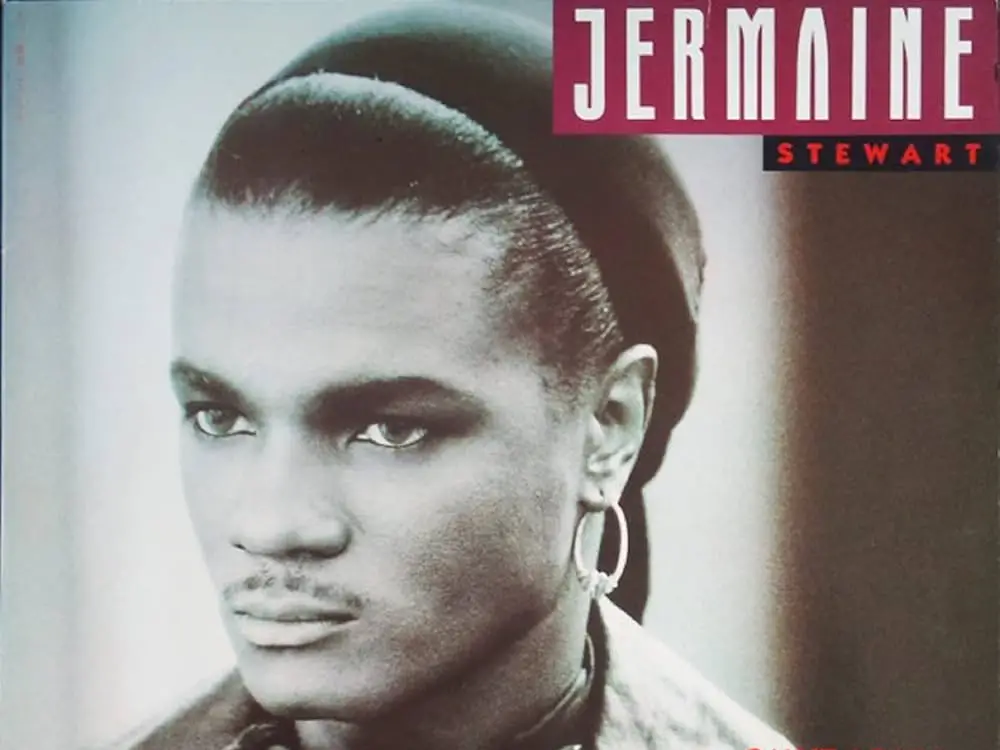
The charismatic dancer-turned-singer who told us “We Don’t Have to Take Our Clothes Off” to have a good time delivered one of the decade’s most memorable positive messages. Stewart’s path to stardom began as a dancer on Soul Train before befriending Culture Club, who helped him secure his record deal. His energetic performance style and fashion-forward image made him a natural for the MTV era, where his videos received heavy rotation.
Stewart’s career was tragically cut short when he died of AIDS-related causes in 1997 at just 39 years old. His later releases had failed to match the success of his earlier work, leading to a period of commercial decline before his untimely passing. Stewart represents the heartbreaking toll the AIDS epidemic took on the entertainment industry, claiming numerous talented performers in their prime and leaving fans to wonder what might have been had their careers continued.
12. Falco
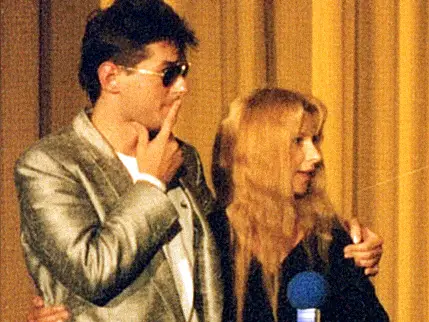
The Austrian superstar who rocketed to global fame with “Rock Me Amadeus” became the first German-language artist to top the American Billboard charts. Falco’s unique blend of rap, pop, and rock, combined with his flamboyant persona, made him a standout figure in the European music scene throughout the ’80s. His clever lyrics and musical innovation earned him respect from critics while his catchy productions ensured commercial success across multiple countries.
After his international breakthrough, Falco struggled with the pressure of global fame and battled substance abuse issues that affected his career. His tragic death in a car accident in the Dominican Republic in 1998, just before a planned comeback, cut short any possibility of a career renaissance. In his native Austria, Falco remains a cultural icon whose musical legacy continues to influence new generations, while internationally, he’s often remembered as a one-hit wonder – an unfair simplification of a complex and talented artist.
13. Tiffany

The mall tour phenomenon who made “I Think We’re Alone Now” her own was the quintessential teen pop star of the late ’80s. Tiffany Darwish’s strategic performances in shopping malls across America created unprecedented grassroots buzz before the internet era, connecting directly with her teenage fan base. Her self-titled debut album reached number one on the Billboard charts, making her the youngest female artist to achieve that feat.
The intensity of teen stardom and the inevitable aging of her fan base made sustaining her early success nearly impossible. Legal battles with her mother and management complications further derailed her career momentum at a crucial point in her development as an artist. Tiffany has shown remarkable resilience, continually reinventing herself through country music, Playboy, reality television, and a return to pop, demonstrating that disappearing from the charts doesn’t necessarily mean disappearing from entertainment altogether.
The ’80s may be long gone, but our fascination with the stars who defined the era—and then seemingly vanished—remains as strong as ever. These talented performers remind us that fame is fleeting and the music industry can be unforgiving, even to those who once seemed untouchable. While some found peace away from the spotlight and others fought to reclaim their place in it, they’ve all earned their place in our collective cultural memory, forever linked to a time when music videos, synthesizers, and unforgettable melodies ruled the world.

